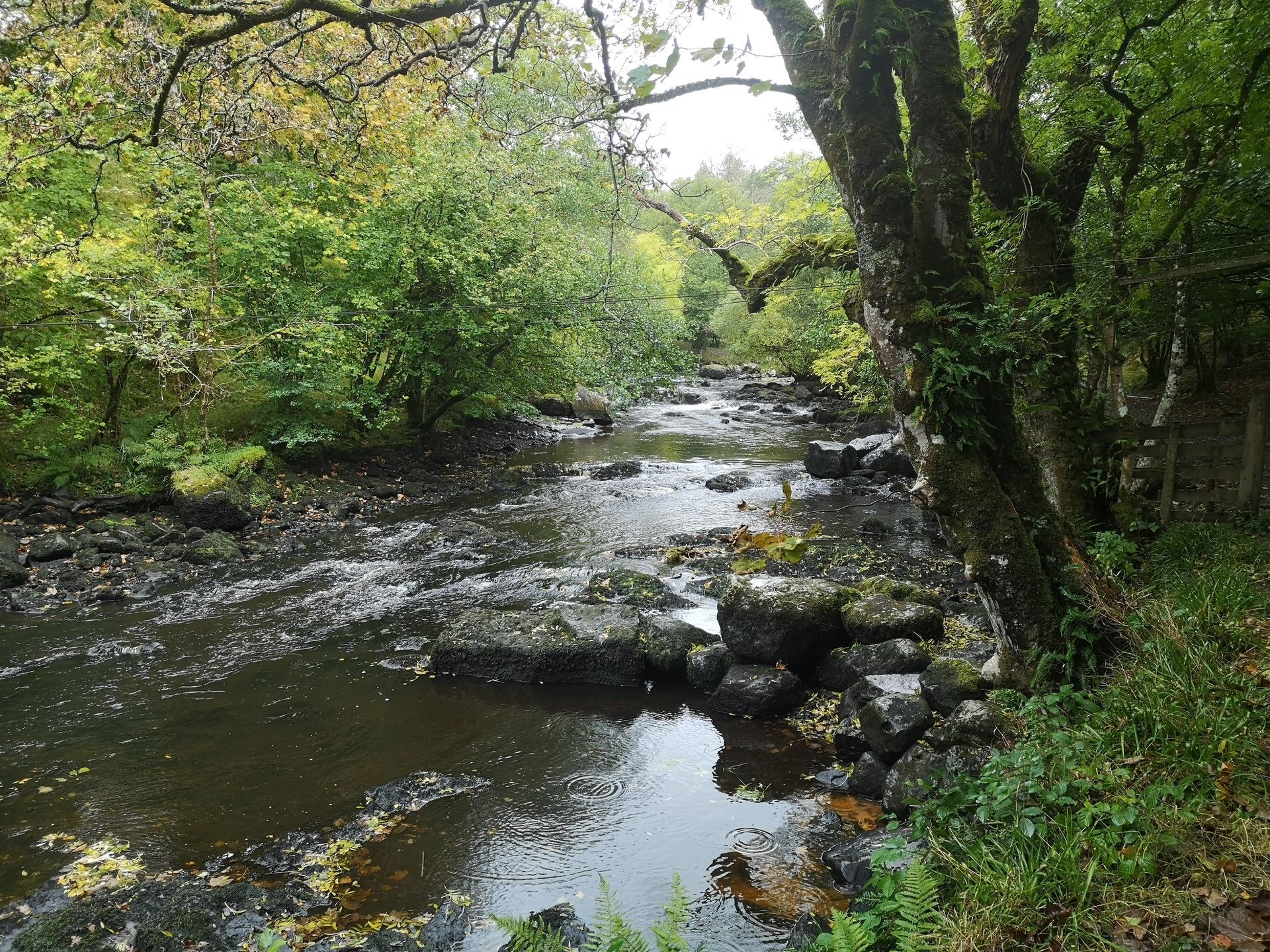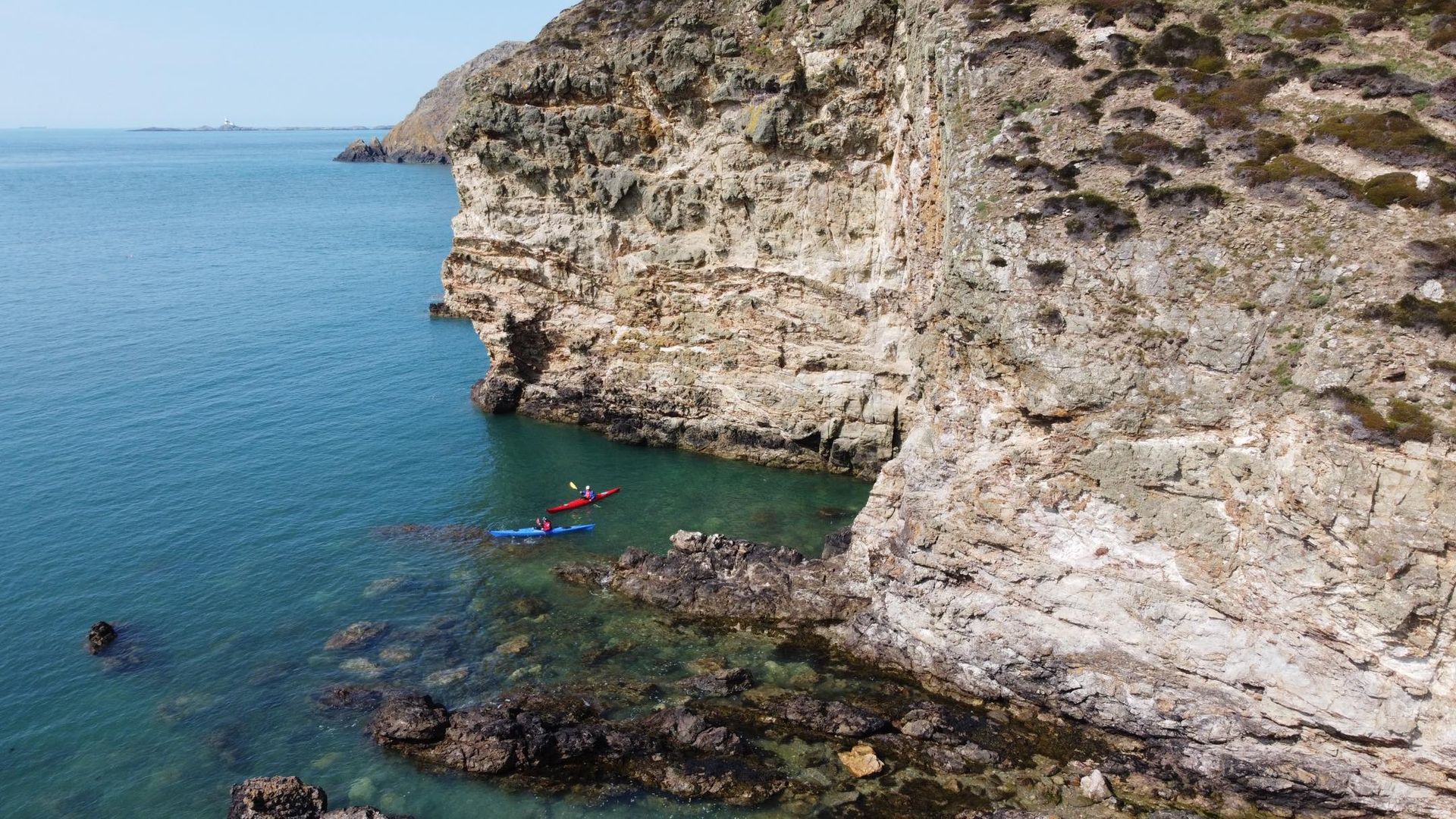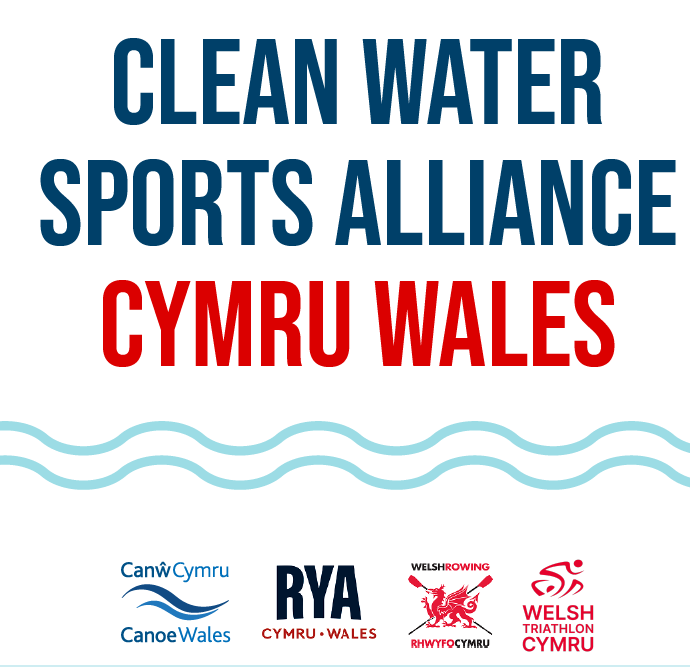- Home
- About
- Go Paddling
- #ShePaddles Cymru
- Qualifications & Awards
- Competition
- Resources
- Access to Waterways
- Ceufad
- Club Support and Affiliation
- COVID-19 Guidance
- Discounts and Special Offers
- Event Planning and Safety
- Insurance
- Craft Insurance
- Protecting Our Environment
- Safeguarding and Child Protection
- Report an Incident
- #ShePaddles Cymru Champion Club Programme
- The Canoeing Code
- Young Volunteers
- Shop
- Environmental and Access
- Standards For Deployment
- AGM 2024
Environmental knowledge, understanding and appreciation for paddlesports coaches and leaders
“Inspire and enthuse their groups in mountainous terrain in the United Kingdom and Ireland and expand their personal knowledge, appreciation, and understanding of lowland (or hill and moorland or mountain) environments.”
- Mountain Training Syllabus for the Lowland Leader, Hill and Moorland Leader and the Mountain Leader

I suppose we could start by asking why should a paddle sports coach or leader not have the same responsibility that a walking leader in the countryside has? To my mind if you are leading people and responsible for them you have a duty to understand and share your understanding of the places that you are visiting. Typically, the people you are leading or coaching are from an urban environment, and you are operating in a rural environment. You, the leader or coach, should have a working knowledge of the places in which you are operating. You should be aware of why it’s special, how it got like this, how it stays like this, what threats it faces and how the future needs to be considered. That awareness should include knowledge of some individual, indicative species, their role in the ecosystem and how people manage and change that ecosystem. We then need to see that particular location in the wider global context of climate change and pollution such as micro plastics, sewage and agricultural or industrial run off.
Well, it turns out that British Canoeing agrees. Tucked away within their Educational Philosophy is the following, “This will be delivered by a supportive and empowering approach to instill an active passion for the sport of canoeing, alongside developing understanding and respect for the environment in which it takes place.” The ideas being that rather than itemise the environment in every single qualification it should pervade everything we do. But does it?
It's been said many times that no one will care about what they do not know about. Of course, a paddle sports coach or leader has a serious responsibility when it comes to safety and the teaching of competence to perform but, to absolve the responsibility for “developing understanding and respect for the environment in which it takes place” on the grounds of course time is simply not acceptable. Each and every one of us leading people on water, or on land, has a duty to care for the places in which they lead.

It would be a very dull sea kayak leader who couldn’t talk about the coastal environment, touring leaders too need to be able to enhance their day with an introduction to the places being toured through. White water paddling should be no different, yes there will be a time and a place for everything and learners who are being challenged by the environment in which they find themselves might not appreciate the finer points of how moss survives in this environment until they’ve survived it themselves.
We know our planet is under pressure, we know our rivers and coasts are under pressure. We can, and should, have a part to play in raising awareness of the challenges our playgrounds face. I understand the apparent abstractness of these greater issues. I know from my own experience that geological teaching needs to start from the rock in front of you rather than the big picture of plate tectonics. I know that history needs teaching backwards from yesterday and it’s the same with the environment. If we can exemplify the environment, we are in with the way moss collects nutrients and water, how alder has cones and that only certain birds, with certain bills, can get at the seeds within them or that the wren is ever present, its beautiful song accompanying us from March till June and how it came to be the ‘King of the birds’ then we have a way in, a gateway to the bigger picture. We should all be talking about the environments in which we paddle.
The ‘what’ we teach might begin with smaller things, but the overarching importance of these places is fundamental. Paddling can take place in very special environments. Take our riverbanks, gorges and estuaries. These are places of refuge for wildlife, for herbage and nature in all its forms. The vast majority of our land is shaped by the processes of agriculture and food production. The riverbanks, especially the steeper ones are of those difficult to access places where nature hangs on in its purest form. Paddlers on rivers should know this. We can say the same about the coast, particularly between the high and low water marks. These are special places, rare places and they are ‘our’ places, ‘our’ playgrounds. If we don’t shout up for them no one will, but we need to have some knowledge, some appreciation and some understanding. We need to work at this. No one knows everything and there will always be someone who knows more, but every leader or coach taking someone into these places should know how special these places are and be able to exemplify that specialness.
Learning about places is a process. It requires effort and commitment. It requires the processing of information from a range of sources. The brain priorities stories, so look for stories, you’ll remember stories and you will be able to share stories. Stories are by far and away the best way of sharing information when sat in a boat or stood on a paddleboard. You can learn from books, films, laminated sheets or tutors but you can only share your knowledge, once on the water by telling stories. Make them good, accurate and meaningful. Our future is in the hands of coaches and leaders. Why would they not teach something about the places in which they work and lead?
Sharing the knowledge and love for ‘our’ places can be done on the riverbank, before the day, after the day or, when taking a breather in an eddy or on a flatter stretch of river or during lunch. The opportunities are there, the leader or coach must have the stories to hand. Of course, it’s easier on the sea or on a tour, but a white water day should encompass environmental input as well. It would seem very remiss to let the people you have been working with, or leading on the river, all day to go home, turn on the news and hear the latest state of our rivers report without having introduced this topic whilst actually on the water. It is remiss not to point out the wildness of some of our riverbanks and it would be very disappointing not to share a heron, kingfisher or dipper sighting and to know nothing about such a bird.
Paddlesports coaches and leaders should always be “developing understanding and respect for the environment in which it (paddlesports) takes place.” Canoe Wales is here to help.
Recent Posts


OUR PARTNERS
Canoe Wales | All rights reserved.
Website Design by Website Sorted
CANOE WALES, CANOLFAN TRYWERYN, FRONGOCH, BALA, GWYNEDD, LL23 7NU | Company No. 02478971 | VAT No. 115151262













